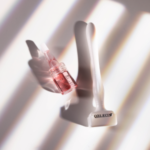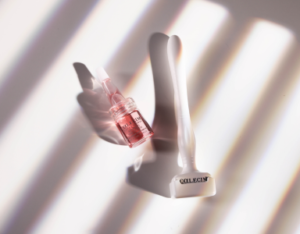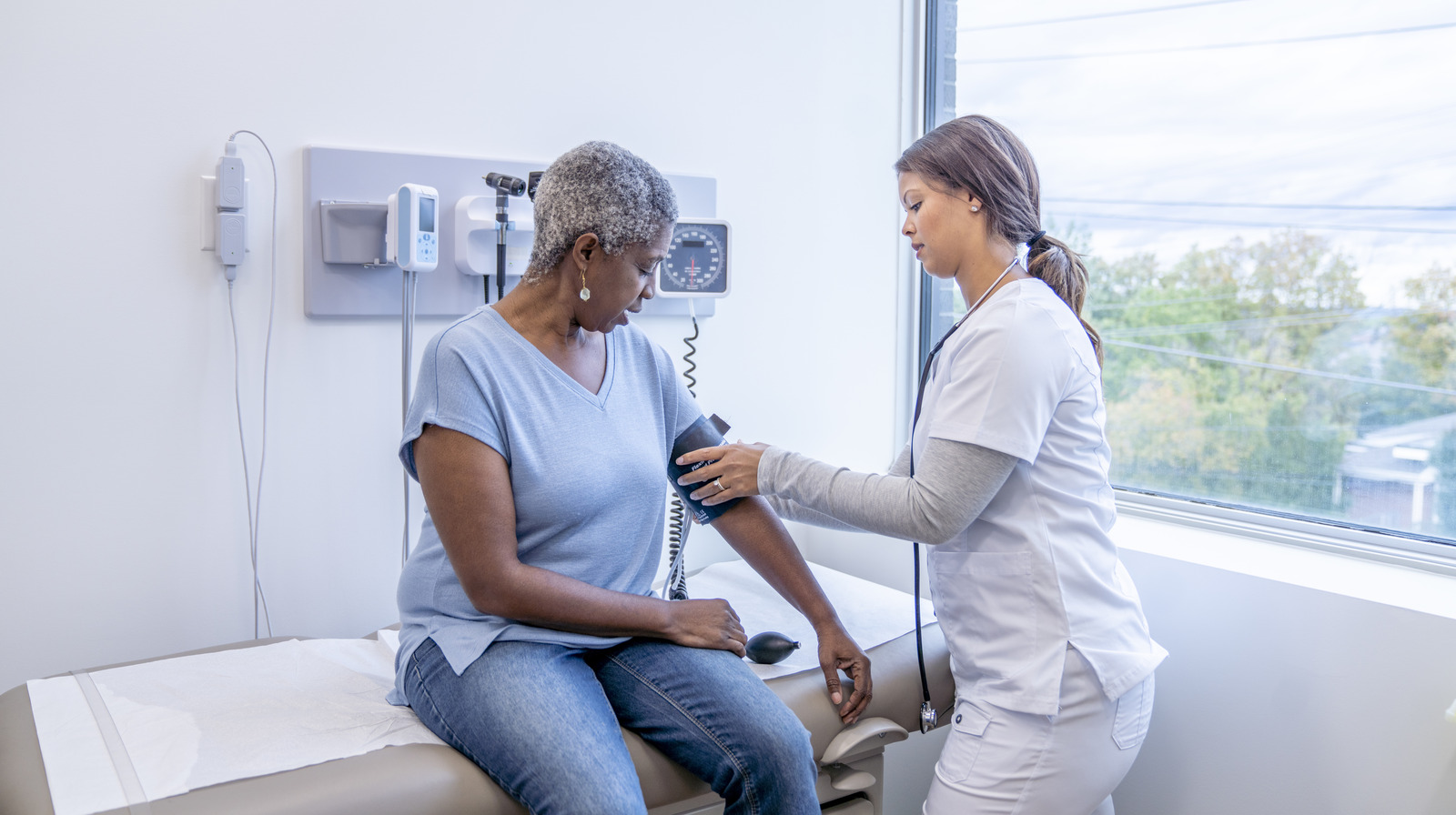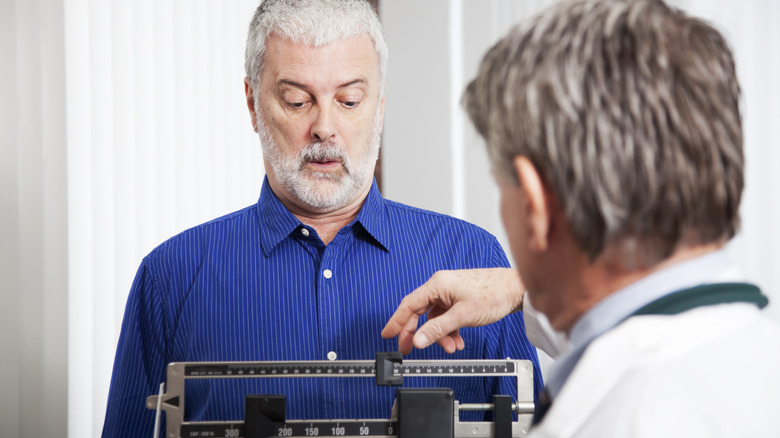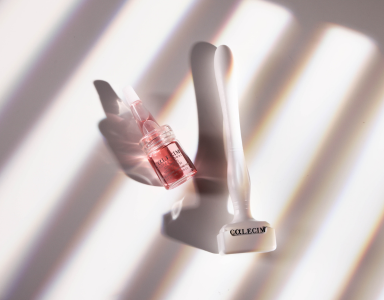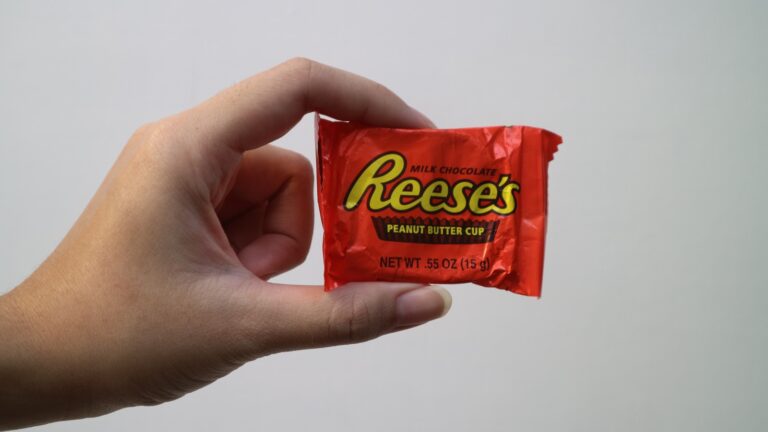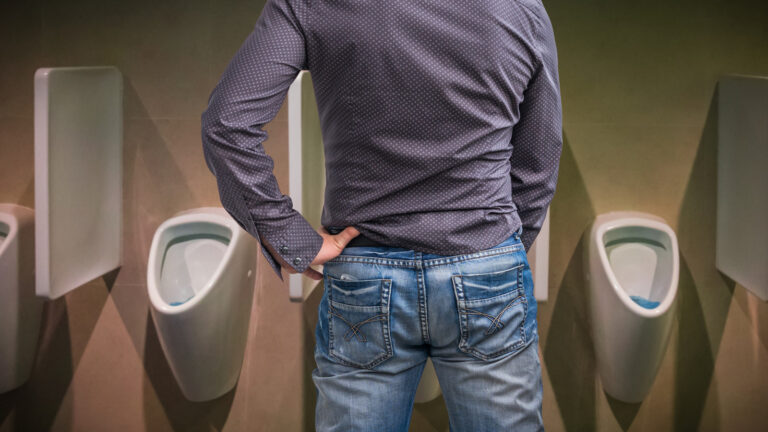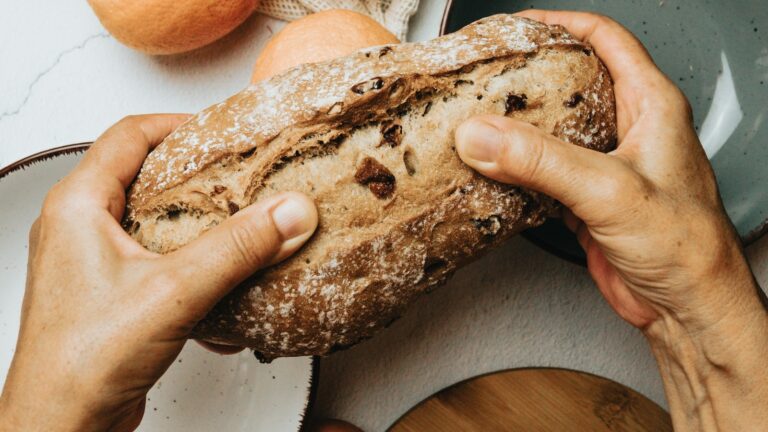According to the American Heart Association, high blood pressure, also known as hypertension, occurs when your blood is pushing against the walls of your blood vessels too hard. This can lead to damage over time. It can also increase your risk of several health conditions, such as heart attack, stroke, heart failure, kidney disease, vision loss, and erectile dysfunction.
When we consider blood pressure, we look at two numbers: the systolic blood pressure, which is the pressure exerted when the heart beats, and the diastolic blood pressure, which is the pressure when the heart relaxes. The National Institute on Aging states that elevated blood pressure is defined as a systolic blood pressure between 120 and 130 and a diastolic blood pressure of less than 80. High blood pressure is a systolic blood press of 130 or greater with a diastolic blood pressure of 80 or more.
The World Health Organization explains that there are several risk factors for developing high blood pressure, including genetics, being overweight or obese, being sedentary, eating too much salt, and drinking too much alcohol. Another risk factor is aging. AARP notes that high blood pressure is among the conditions commonly seen among people when they reach their 50s.
High blood pressure risk increases in your 50s
One reason high blood pressure is so prevalent in the over-50 population, per a 2015 study in Frontiers in Genetics, is the fact that our vascular system changes. The elastin fibers in our blood vessels become less functional and the work that they used to do is shifted to the stiffer collagen fibers. As a result, our arteries become stiffer, causing blood pressure to rise.
We also tend to gain weight as we age (per Banner Health). Our metabolism slows and our hormone levels decline. We also experience changes in body composition with muscle mass declining even as fat mass grows. These changes can lead to weight gain, even if we aren’t doing anything differently. Carrying extra pounds can contribute to higher blood pressure by increasing resistance in our blood vessels and making our hearts pump harder (per Prime Health MD).
Lifestyle changes and medication can reduce blood pressure
Luckily, high blood pressure can be managed with lifestyle changes as well as medications.
Your doctor may first recommend that you try to manage your blood pressure without medication by improving your diet and consuming less salt. With their permission, you might also begin an exercise program. Other changes you can make include limiting alcohol and not smoking. Getting adequate sleep is also important to maintaining healthy blood pressure.
If lifestyle alone is not enough to regulate your blood pressure, you may also be advised to start medication. The Mayo Clinic explains that the type of medication that your doctor prescribes will depend on your health and how high your blood pressure is. Sometimes it will take trial and error to find what works best for you and it may be necessary to take more than one medication.
Common types of blood pressure medications include diuretics, angiotensin-converting enzyme (ACE) inhibitors, angiotensin II receptor blockers (ARBs), and calcium channel blockers. However, your doctor may opt for other types of medications if these are not effective (per Mayo Clinic).
